As a parent, you want to ensure that your child’s health and wellbeing is well taken care of and that any potential future health problems are prevented as much as possible before they worsen. One possible consideration you may have is that your child may need braces to ensure that their teeth grow – and remain – in perfect symmetry. Healthy, strong teeth are not only vitally important, but we all know how much of an impact one’s smile can have on self-esteem, especially if there are visible misalignments or protrusions of some teeth.
If you’re wondering whether your child is at the right age to have dental braces or corrective treatment, read on and discover when the best time is to take them to a dentist in Newcastle.
Corrective Dental Treatment: The Next Steps
Braces are only applied once most of the adult teeth have grown in, which is typically around the age of eight. If you’re concerned about your toddler or young child having dental issues and they’re still sporting their baby teeth, it shouldn’t be too much of a concern just yet. Should you have a family history of dental problems and foresee a possibility that your child may struggle with the same issues, it’s advisable to take them for a consultation and evaluation of current tooth development. While they may not need drastic intervention quite yet, they’re in the transition phase between infant teeth and adult tooth development, and it’s best to deal with how their teeth grow during this phase proactively.
Under normal circumstances, braces are installed between the ages of eight and fourteen years. This provides ample time for all the teeth to surface and settle with the guidance of braces to ensure they’re all aligned correctly as they reach maturity. Your child’s first assessment should be around the age of seven, as this is when issues such as overcrowding and an overbite become visibly apparent. However, each child grows at their own pace, so it’s best to use your own judgment and monitor their dental growth.
Alternative Options
Dental corrective braces have come a long way, and today, there are various options available beyond the traditional metal brackets and wiring, including clear or white braces and clear removable trays called aligners. Your dental specialist will determine the correct type of braces, and your child will need to wear them for about two years, during which time regular check-ups and adjustments will be needed.
Dental appointments tend to be daunting experiences for children, which is why choosing a dentist, Newcastle-based, who specialises in paediatric dentistry will make a huge difference to their experience.
Contact us today to arrange a safe, reassuring experience for their next consultation at a dentist in Newcastle.
Related Tags: Newcastle Family Dental Care




